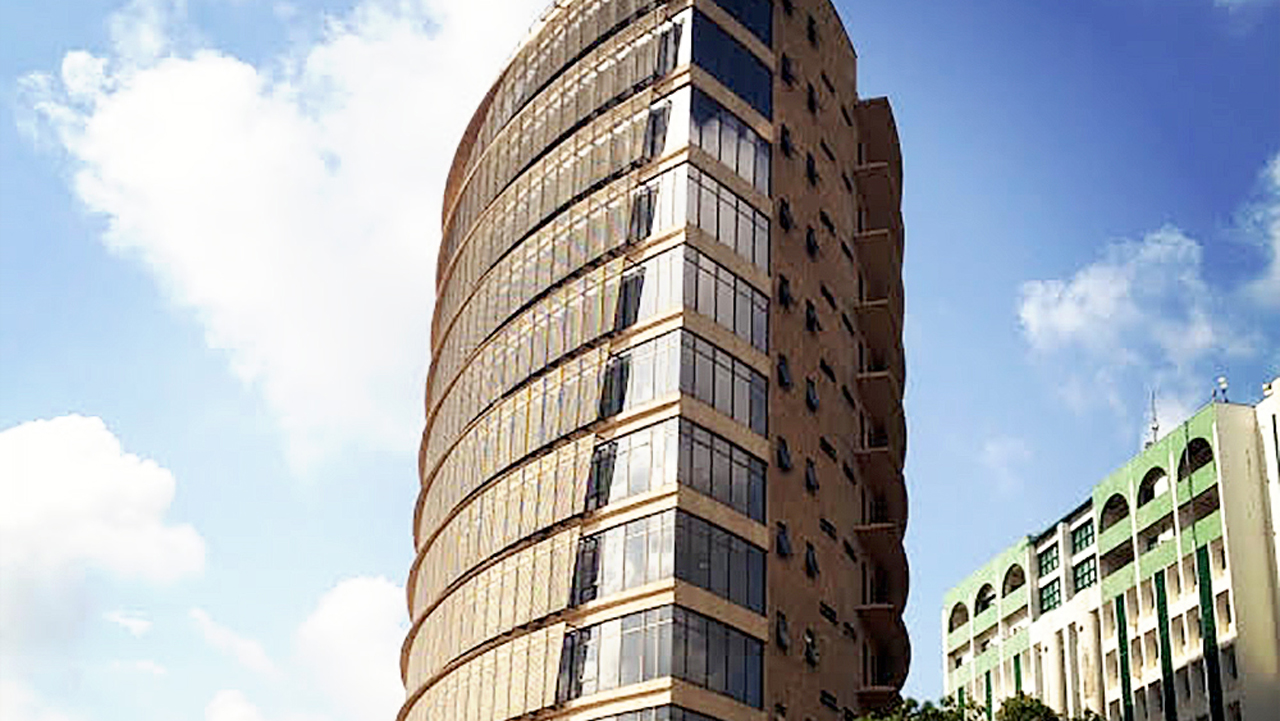
Bank of Industry (BoI) has signed a Memorandum of Understanding (MoU) with Financial Sector Deepening (FSD) Africa and the United Kingdom (UK) Government, through the Foreign, Commonwealth and Development Office (FCDO) to mobilise funds and bridge Nigeria’s $27.2 billion yearly climate finance gap.
Speaking at the signing ceremony held yesterday at BoI’s office in Marina, Lagos, the Managing Director/Chief Executive Officer of BoI, Dr Olasupo Olusi, described the partnership as a transformative step in redefining sustainability efforts in Nigeria and setting a benchmark for green financing in the region.
Olusi commended FSD Africa for its expertise in financial sector development, adding that the collaboration would pioneer innovative solutions to close the climate financing gap, creating opportunities for businesses and communities nationwide.
According to him, the partnership demonstrates how global leadership and local ambition can converge to improve Nigeria’s sustainability landscape.
Olusi said that as part of the initiative, BOI has established a dedicated Climate Financing Desk to oversee adaptation and mitigation projects, reaffirming the bank’s commitment to fostering climate-resilient economic growth across Nigeria.
Olusi expressed gratitude to FSD Africa and the UK Government for their support and highlighted the importance of collaboration in building a sustainable and inclusive future for the nation.
Representing the British High Commission, the Head of Economic Development, Climate, and Energy at FCDO, Sally Woolhouse, described the partnership as a significant step in addressing Nigeria’s climate resilience and economic growth challenges.






